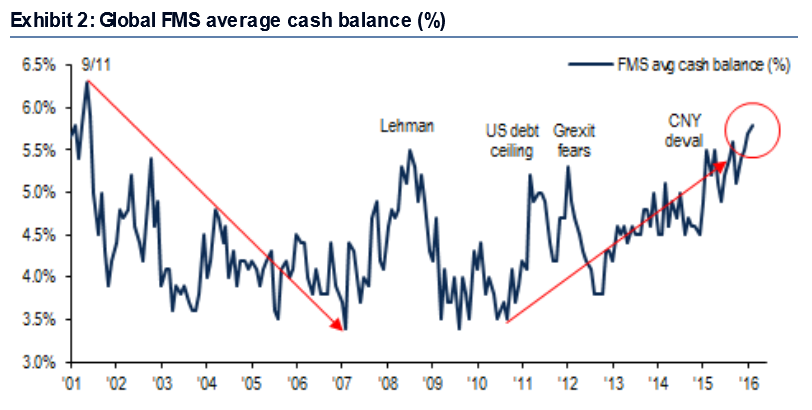New York Life Insurance Company is facing a lawsuit over mutual funds offered in its defined contribution (DC) plans—the latest in a string of 401(k) litigations.
The class action suit, filed on Monday in the US District Court for the Southern District of New York, claimed that New York Life breached its fiduciary duty in using its own brand of mutual funds—MainStay—in two employee pension plans, despite lower cost alternatives.
Specifically, the plaintiffs said New York Life “improperly and unjustly benefitted from the excessive fees and expenses” charged by the MainStay S&P 500 Index Fund, continuing to offer it even though “far less expensive S&P 500 index alternatives were available.”
The MainStay fund has annual costs of 35 basis points, the lawsuit said. Meanwhile, Vanguard’s S&P index fund costs 2 basis points per year, and State Street’s version charges roughly 4 basis points.
Of more than 750 DC plans with over $1 billion in assets under management, New York Life was the only plan sponsor to offer the MainStay fund, according to the complaint.
“A prudent fiduciary managing the plans in a process that was not tainted by self-interest would have removed the MainStay S&P 500 Index Fund from the plans,” the complaint said.
New York Life did not respond to request for comment by press time.

 Managers’ average cash balance. Source: BoAML Global Fund Manager Survey.
Managers’ average cash balance. Source: BoAML Global Fund Manager Survey.